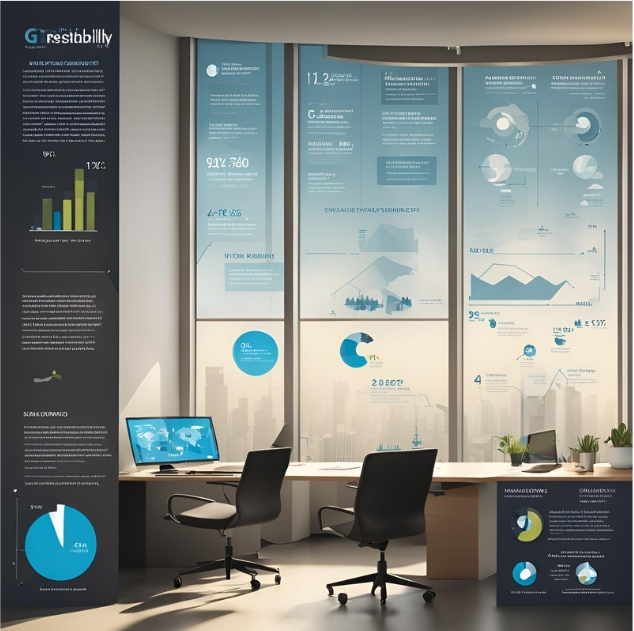In order to make the best use of our website, we place cookies in a way that is limited to specific purposes and in compliance with privacy. To review how we use cookies and learn how you can control them, you can check our Cookie Policy.COOKIE POLICY .






